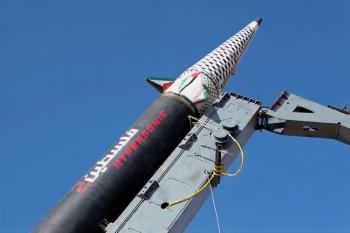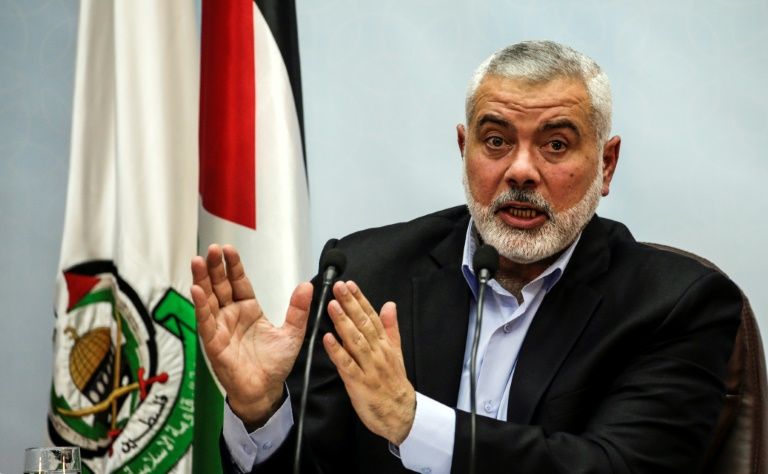Alwaght- Palestinian Islamic Resistance Movement, Hamas, has rejected a United States decision to place the group's political chief, Ismail Haniya, on its global "terror list", calling the move a "dangerous development".
In a statement released on Wednesday, Hamas said the US State Department's decision is a "violation of international law, which has given the Palestinian people a right to defend themselves against [Israeli] occupation, and to choose their leaders.
"This decision demonstrates the full American bias in favor of the Israeli occupation, and provides an official cover for Israeli crimes against the Palestinian people," the statement added.
Hamas, the Palestinian political movement that governs the Israeli-occupied Gaza Strip, said it calls on the US administration to "reverse" this decision and to stop its "hostile policies.
"This will not deter us from carrying out our duties towards our people and defending them, and liberating our lands and holy sites".
The response from Hamas comes shortly after the US designated Haniya a "global terrorist" on Wednesday.
The US State Department issued a press release saying that Haniya "has close links with Hamas' military wing"- Izz ad-Din al-Qassam Brigades- and "has been a proponent of armed struggle.
Haniya's placement on the "terror list" means that there will be a travel ban on him, and that any US-based financial assets he may have will be frozen.
There will also be a ban on any US citizen or company from doing business with him.
The US State Department claimed Hamas was involved in attacks that resulted in the killing of 17 Americans since the group's founding in 1987.
Speaking at a meeting with Palestinian clan leaders in the Gaza Strip on Tuesday, Haniya labelled President Donald Trump’s recent decision to recognize al-Quds (Jerusalem) as Israel’s capital a ploy to demolish the Palestinian cause in line with the so-called deal of the century.
He also asked Palestinians to continue their “uprising” against Trump’s decision, and for popular movements in the Arab and Muslim capitals to carry on their protests.



























